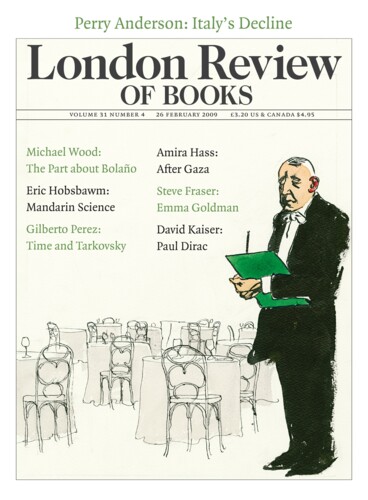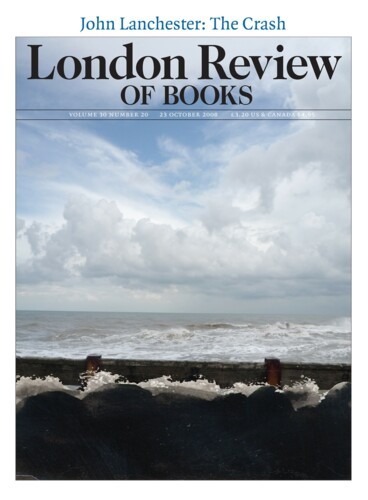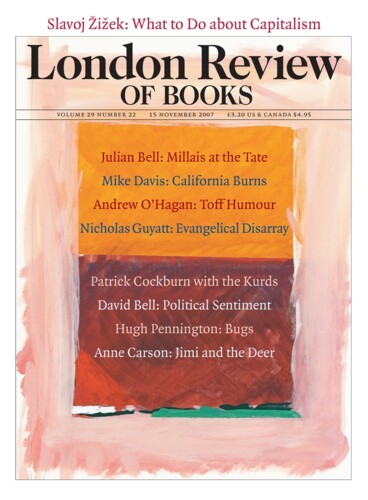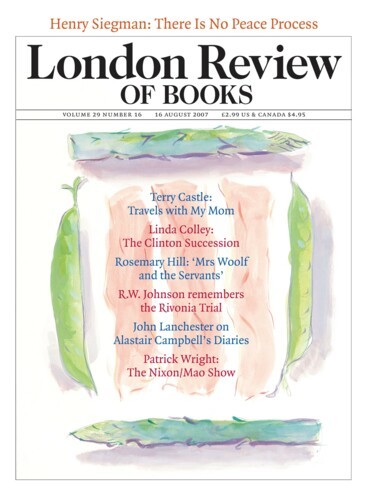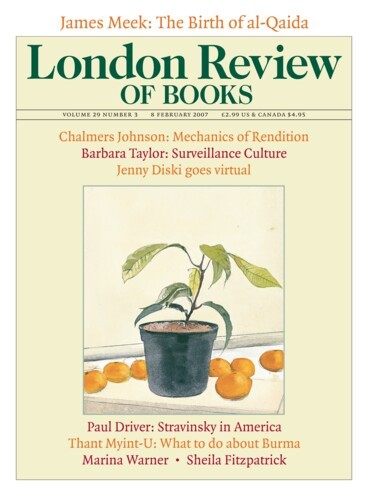Poem: ‘Burners Go Raw’
Anne Carson, 26 February 2009
Burners medieval dark mud on a road a dark morning, falling back through memories a faint pain, dark uphill way the usual alone and gravel picking my step out where nothing, out hoping, hope sinking, slope rising, that dark colour, almost rain, a thing impending, how to get home the perfect lamplight from which out where nothing though I can almost taste it oh yes today, if today is your...
